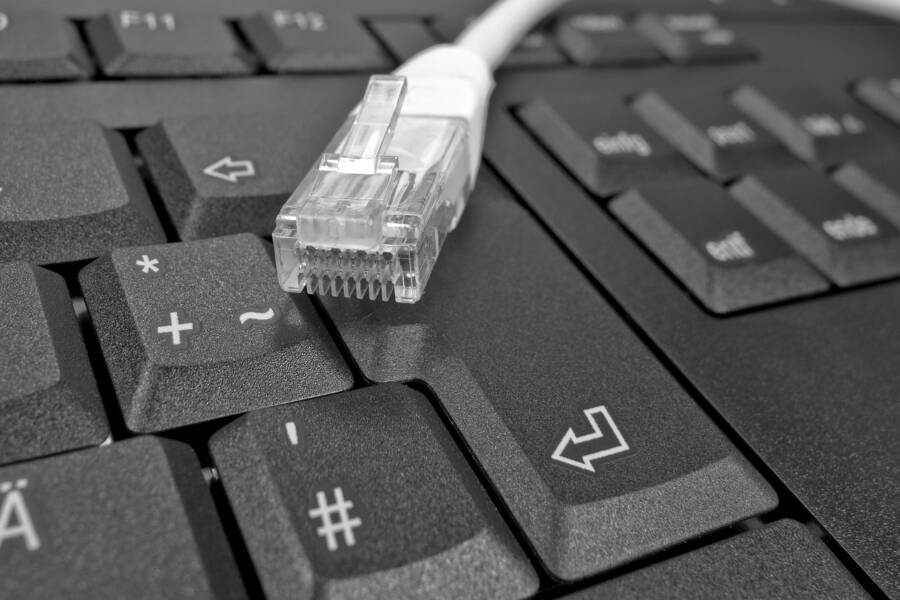Choosing an internet service provider could be a challenging and confusing task due to the variety of options available nowadays. The internet is more of a necessity than a want these days, as even cars, refrigerators, lights, and other home appliances also need access to the internet to function. But, it indeed has made lives more accessible and more convenient.

Choosing the proper internet connection is essential to take full advantage of the worldwide web at your fingertips.
There are different types of internet connections you can install in your home, depending on your location. These different types of internet connection services have different pricing, speeds and bandwidth.
A service provider may not have the internet plan you need for your home. So, it is best to compare internet providers beforehand and choose the one that suits your needs.
Types of internet connections
1. DSL (Digital Subscriber Line)
It is an internet connection which your telecom service provider provides only through the pre-existing telephone lines in your home. It is one of the most affordable types of internet connection you can install.
Most DSL services are offered with a connection speed up to 25 Megabytes per second (Mbps). However, phone companies provide internet speeds up to 100 Mbps in areas with newer innovation and modern technology.
But, the downside of a DSL connection is that the further you are located from the service provider, the slower your internet speed.
2. Cable network
As the name suggests, cable internet is provided to you using an extensive network of cables managed by your service provider. A cable internet network generally offers higher speeds than a DSL connection, ranging from 50 to 100 Mbps.
Simply put, you share the internet service with your neighbourhood as the main underground cables are identical for a vicinity. Since these cables are spread across the town and run through many homes, you may experience slower speeds. This often leads to slower internet speeds in peak timings.
The pricing of cable internet connections is competitive, and companies offer a variety of plans which makes it important to compare internet providers and the plans they offer.
So, one has to use the internet at odd hours to get the best possible speed for higher speeds.
3. Satellite
A satellite internet connection is an excellent option if you live in a highly remote location. People in small communities or people who live in small towns often opt for such internet service.
As the name suggests, the internet is delivered to your home with the help of satellites. This type of internet connection is not available everywhere but only in specific regions.
Satellite connections can provide you with the internet with speeds ranging from 5 to 20Mbps.
However, with the recent innovations in the industry, companies like Starlink aim to provide high-speed satellite internet services worldwide using their vast network of low orbit satellites.
4. Fibre-optic Internet
Contrary to popular belief, fibre-optic technology is not a recent innovation but has been used by the US military since 1988. However, the use of fibre-optics to provide internet for domestic usage is relatively recent.
optic cables can transmit data at 70% of the speed of light. This means it has the highest bandwidth of all the internet connections. So, you can get an internet speed of up to 1000 Mbps with the capacity to connect 25 devices at a time.
However, fibre cables are generally only laid down in urban metropolitan areas, but slowly and gradually, more rural areas are being connected.
To summarise, you must choose the network that is available in your region and serves your purpose. If you are an intensive user who needs stable high-speed internet, fibre optic internet is your best option.







